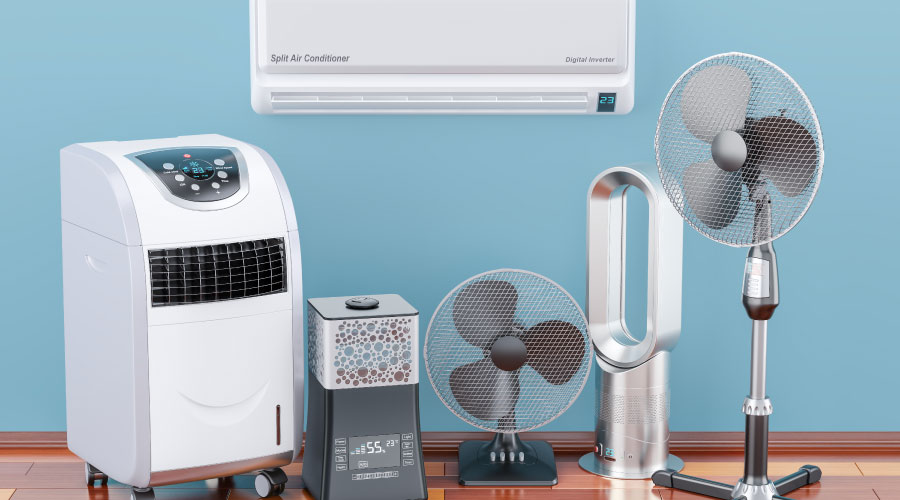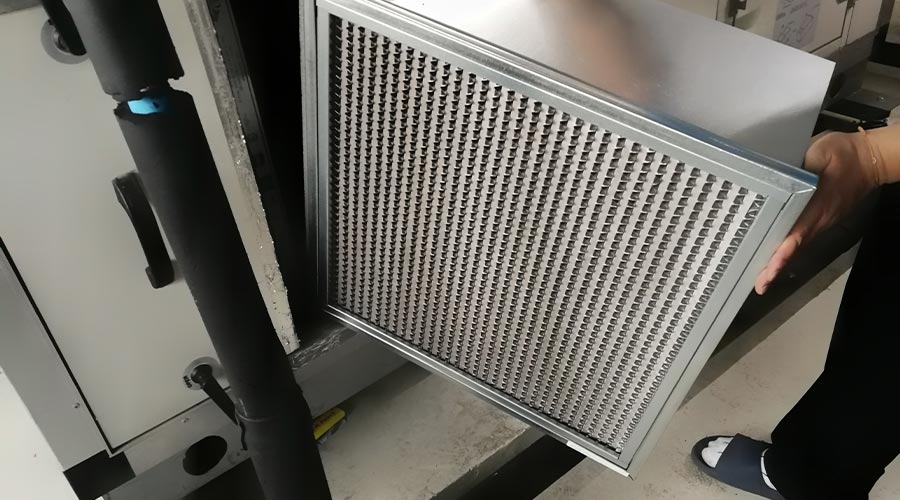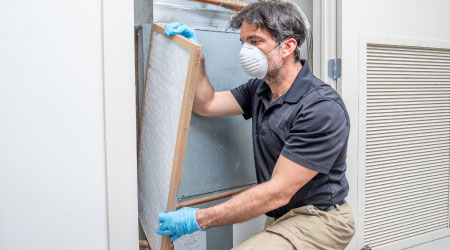Technicians Must Regularly Maintain, Calibrate Boiler Controls
Getting the proper controls installed is only the first step in achieving efficient and reliable boiler operation. To keep things operating that way over the life of the system, technicians must properly maintain controls. But the importance of proper maintenance goes far beyond efficiency and reliability issues. It also incorporates safe boiler operation.
Technicians must keep logs for boiler operations, recording operating parameters frequently enough to identify trends. Equally important, they must review those logs regularly to actually detect the trends.
At least once each month, technicians must test a boiler's safety equipment, such as the safety-relief valve, water-level control, and low-water fuel cutoff, according to the boiler manufacturer's recommendations. Larger boilers require more frequent testing.
They also should test all controls for proper operation and calibration at least once annually, and they should inspect, clean, and lubricate mechanical linkages according to manufacturer directions.
These and other boiler-maintenance activities will help managers identify developing issues while they are still relatively small, and they will allow managers to schedule the necessary repairs, rather than have to suffer through an unexpected shutdown.
James Piper, P.E., is a national consultant based in Bowie, Md., with more than 25 years of experience in facilities management and maintenance.
Related Topics:















